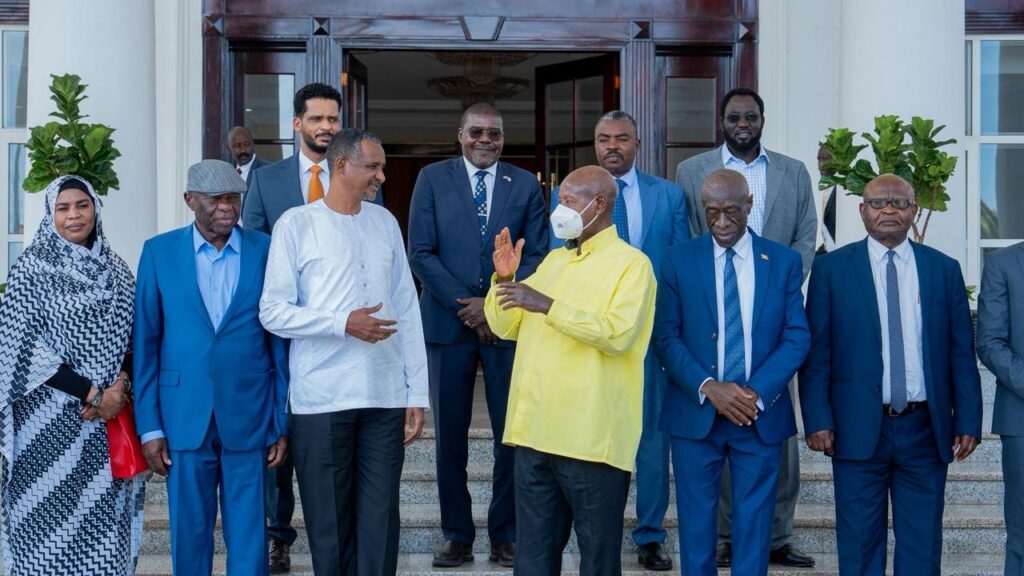
Egypt’s Ministry of Petroleum and Mineral Resources is preparing to announce a new commercial gold discovery west of Gebel Elba, inside the Halayeb and Shalateen Triangle, after “significant progress” in geological studies. Early estimates put the reserve above 300,000 ounces, with detailed recovery and feasibility analyses under way in cooperation with Afak Mining Company. A new mine is under consideration pending final results.
The move lands amid reports that Sudan’s SAF chief, Gen. Abdel Fattah al-Burhan, agreed with Egypt’s President Abdel Fattah el-Sisi to recognize the triangle as Egyptian territory—an explosive claim tied to Sudan–Saudi maritime border talks. A French-media–sourced account says Sudan’s Sovereignty Council instructed officials in May to adopt maps placing the triangle in Egypt during those negotiations.
Egypt frames the prospective find as part of a wider mining push. Officials say the country aims to attract about $375 million in foreign investment over the next two years, with direct investment rising to $1 billion by 2030. The Gebel Elba area lies inside one of Egypt’s largest nature reserves (about 35,600 sq km) and forms part of the Arabian-Nubian Shield, a long-proven gold province straddling Egypt and northern Sudan.
Recent discoveries underscore the sector’s momentum: Egypt’s 2020 Iqat (Ikhat/Iqat) find in the Eastern Desert holds an estimated 1.3 million ounces and has already produced gold bars, according to prior government and media reports.
The Halayeb–Shalateen–Abu Ramad triangle has been under Egypt’s de facto administration since the mid-1990s, but Sudan maintains its claim. Any formal border shift would carry implications for maritime baselines, the continental shelf and resource rights in the Red Sea.




